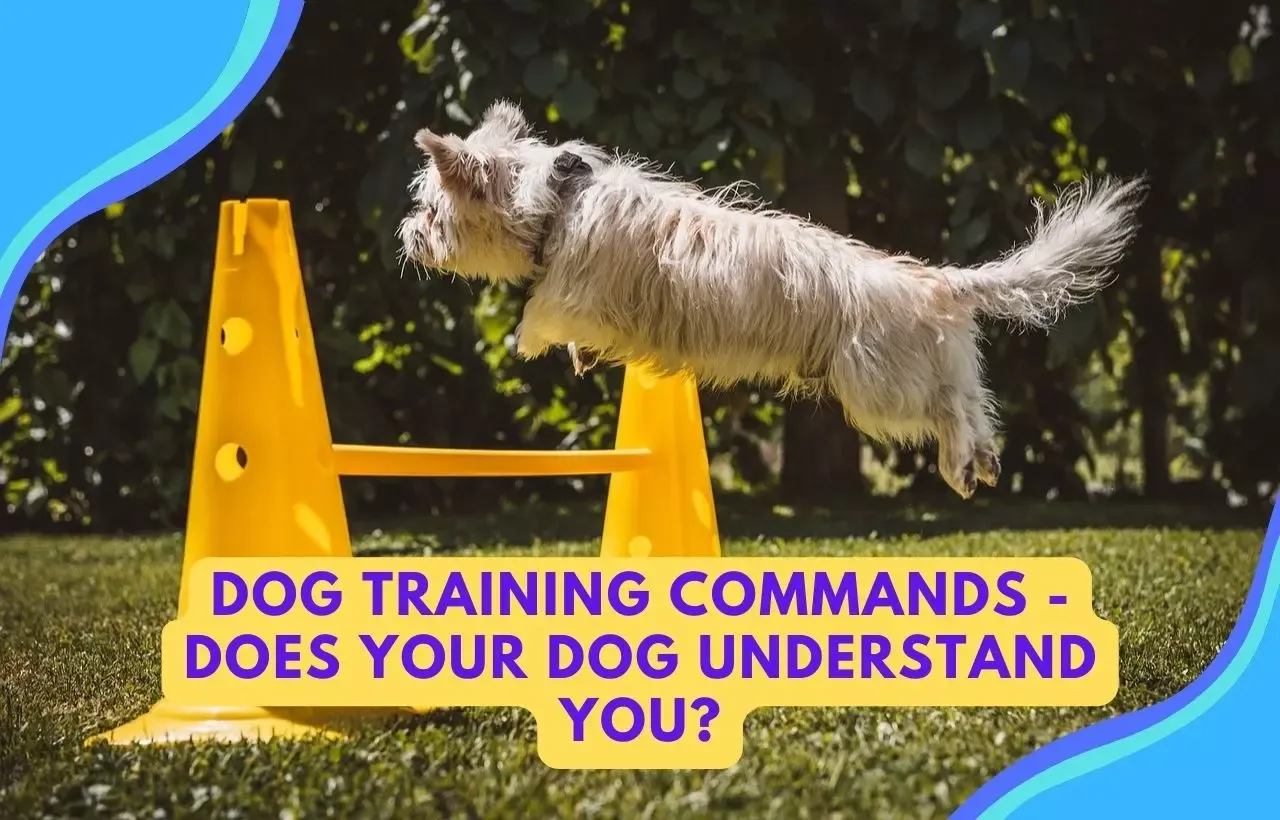It stands to reason that your dog needs to understand your dog training commands.
No dog training will be possible unless your dog understands what it is you expect of him.
Keep in mind that your dog cannot really speak English and that there are other factors involved as well, that let your dog understand your commands.
Dog training commands needs to be given in a certain way.
 |
| Dog Training Commands |
The general guidelines for successful dog training
1. The principle of leadership:
Dogs are basically pack animals or one could say they have lots of team spirit. For your dog you are his pack and for your dog to feel safe, he must know who the leader is. Your dog ranks all the members of the family and he has to clearly understand who the “leader” is.
2. The attention factor:
Remember that a dog will do anything for attention. This can lead to all kinds of complications. Make sure your dog gets the right attention when he needs it.
3. The irony of negative attention:
For your dog any attention is good and if bad behavior gets him the attention he wants, it will reinforce this bad behavior. The best here is not to give bad behavior any attention. Ignore him and he will get the message.
4. The power of positive attention:
Use your dog’s love of attention in a positive way as part of his training. Only give him attention when he is behaving correctly. Make sure he understands what it is you expect of him and praise him for good behavior.
5. So, what is this “doglish?”
It consists of three different elements:
- Making eye contact
- Your body language
- The tone of your voice

6. Here are the very basics you need to know for successful dog training:
- Your dog thinks of you as a dog
- Every member of the family is ranked
- Dogs do not care if the attention they get is positive or negative
- Dogs do not understand English, they understand what you are saying trough a combination of eye contact, body language and the tone of your voice.

Comments
Post a Comment